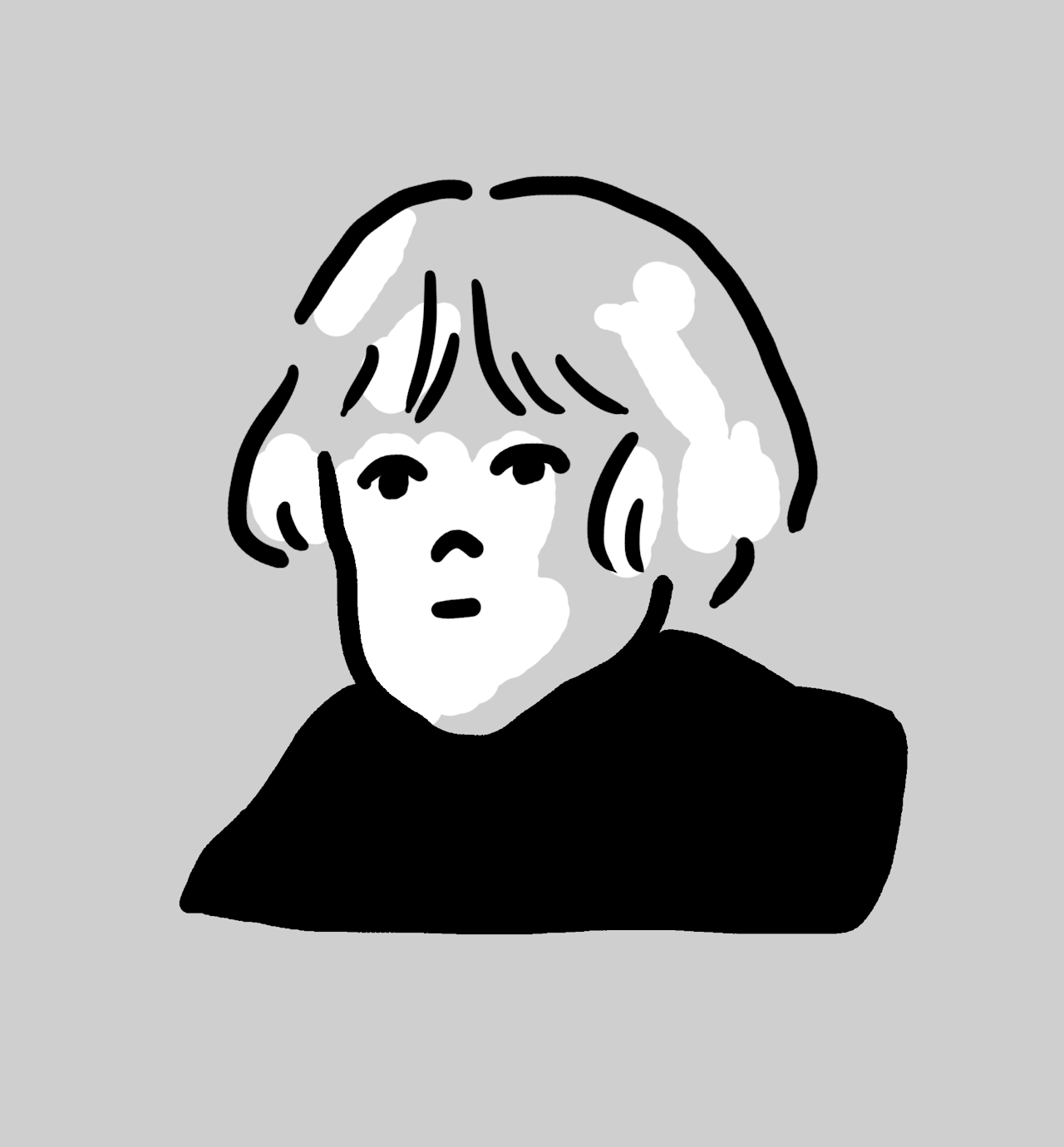Author: Kurt Vonnegut Jr.
Published: 1963
Pages: 304, Paperback (Dial Trade Paperback, 1998)
Genre: Fiction, Post WWII, Classic, Humor, Satire, Sci-Fi, Romance, Religion (or lack of it)
Awards: Hugo Award Nominee for Best Novel 1964
Synopsis: John (or Jonah) is a hapless man with a desire to write a book about the fictional father of the atomic bomb, Felix Hoenikker. He sets out to communicate with those who knew the man, his children, family, colleagues and the like to be able to document data for his book. Throughout the journey though, John finds himself in a whole different maze. With destruction, insane science, a religion spouting off the top of one man's head, and a beautiful girl, John fixates himself in finding out the purpose of all things. And then, he comes across ice-nine.
My thoughts: First, let's start with what really is a Cat's Cradle. Before scrolling down and reading the rest (don't spoil yourself, come on), look at the next two figures and look for the cat and the cradle.
Maybe you do, maybe you don't. If you're one of the few people that did see it...well, I'll get back to you later. If you didn't see it, don't feel bad because neither did I, and neither did Vonnegut, and a handful of people. Because we both know that no matter how much you strain your eyes, you're not going to find a cat. But even if you tried to find it, maybe a part of you convinced yourself you saw the cradle, even a smaller part tells you that you've found the cat. Did you notice how you tried to see something that wasn't there at all? Or did you see it? After all, to see is to believe, right? What you think is real is probably real, right? Well here's what I think is just the tip of the iceberg in this work of Vonnegut. We're people, and we can manipulate what we see, hear, feel and think all just through the mind. We've created all these norms, structures, ways of behaving, molding them after what is "beautiful," "good," "just." In the beginning of time, who said what was pretty and what was ugly? Who said killing someone was bad? Or that life was valuable? Go back even before we had all these values,:who made the earth, the weather, the winds, the planets, the heavenly bodies in the galaxy?
Now, if you're going to say God (or whatever higher power - if you have any, I don't discriminate), think, who came up with Him? Who called Him "God?" Who even said God was a male? Or maybe you're going to say it was all just science, and energy that fused together, atoms bounced off each other and radiated so much energy that it just exploded and then came the Big Bang Theory. Then over time, cells started to form from Carbon the element. Then after even more time, life came about. From bacteria, germs, life forms, eventually plants, animals, insects then humans. But who did that? Who got those atoms, made them interact and explode? Who put Carbon there? Was it really all by chance? That the way our bodies are structured, the ebb and flow of blood, the interdependence of the organs, the senses, the tissues, the nerves, down to every single atom in every single cell, were we all coincidences?
Is it really all science and religion here? Or do we tell ourselves that, along with society, so we feel like we have some grasp of reality?
Now I know that sounds like a lot to take in so just relax for a bit and think it through and process this. Sorry if I'm throwing all these thoughts at you, but have you ever stopped and thought about it?
There's so much more I would want you to ponder about but maybe I'm boring you or overloading you again with too many questions. So I have just two more.
Then ask yourself again: Did you see the cat? Did you see the cradle?
The whole book seems to revolve around those two. If you're looking for a book that can make you question everything you've ever believed in, a book that gets your mind and rearranges whatever it contains, you need to read Cat's Cradle. It is considered one of the best works of Vonnegut for a reason. In this book he has managed to pack in all of humanity, and the odd structures, traditions, rituals and beliefs that we have all aided to create. He puts a microscope into these things that we don't seem to question, and shows us how foolish and crude everyday life is. He begs the question, why are we all looking for meaning in life, searching for love and happiness? How do you even know there is a meaning for it all to begin with? Jam-packed with themes on themes on themes, with colorful characters that you definitely will hate, some that will make you want to hurt something, and some that will question their very existence.
I can't write too much on this because I can't explain this book. You need to experience it first-hand. I was blown away by Cat's Cradle and I am so glad I read it. I ran into it in a second-hand bookstore, bought it for $2.00, and it was probably the most worth-it two dollars I have ever spent. I read it for Contemporary Literature, and it was completely of its own class. Good luck, and try to keep all your beliefs in check after this book. You might even become a Bokononist after this, but you'll have to read it to find out.
For tips on how to read Vonnegut, more information, blog changes, my vlog, how to get involved with S.T.P, please see my (upcoming as of 9/16/15) other post, A Vonnegut Virgin.








